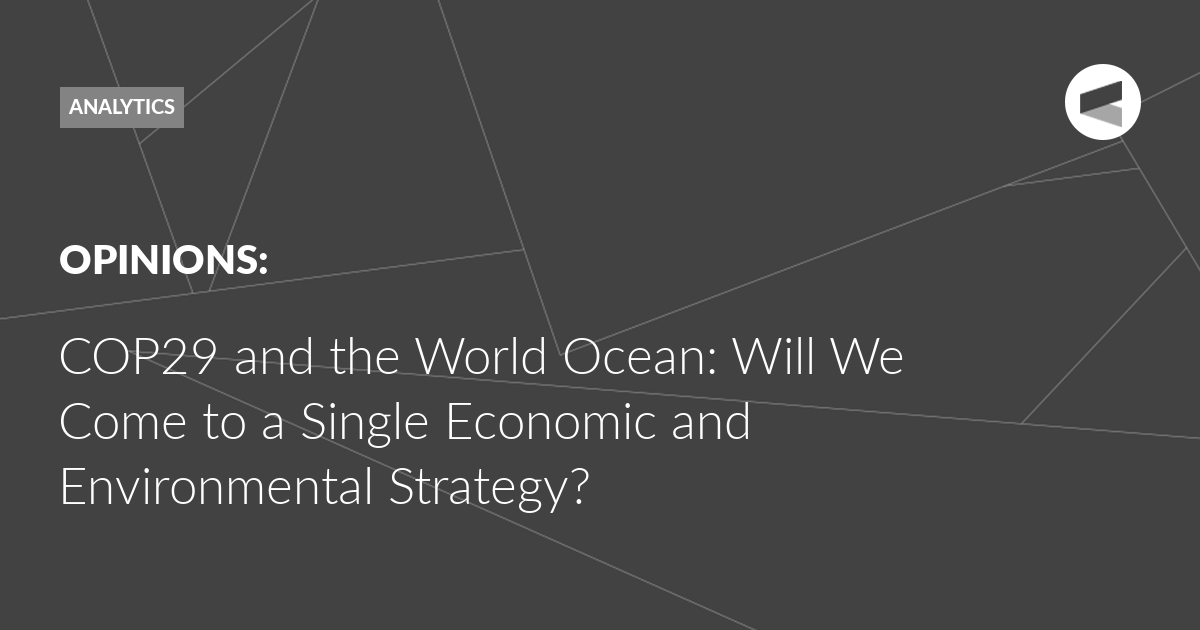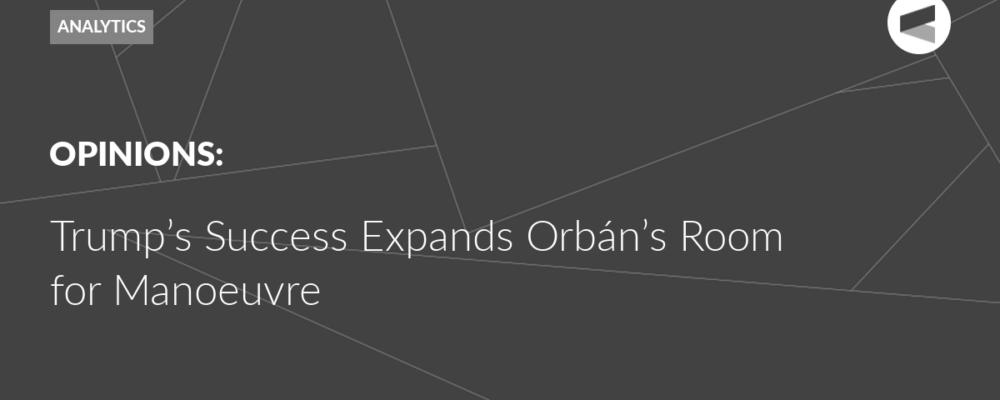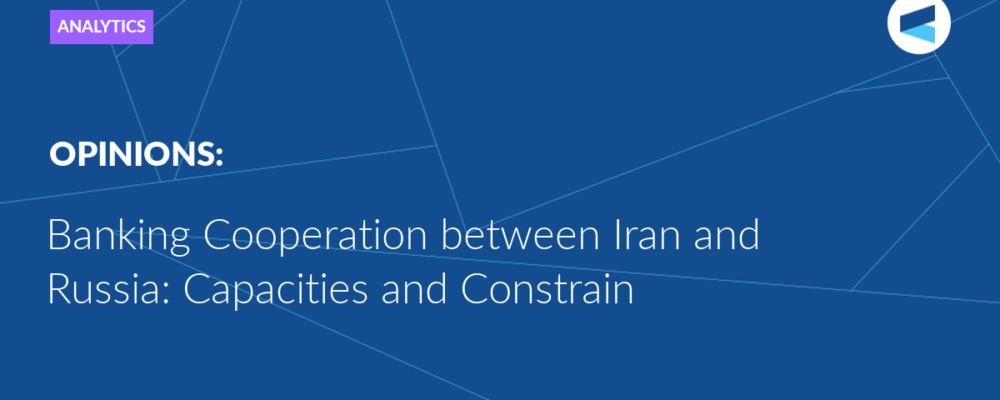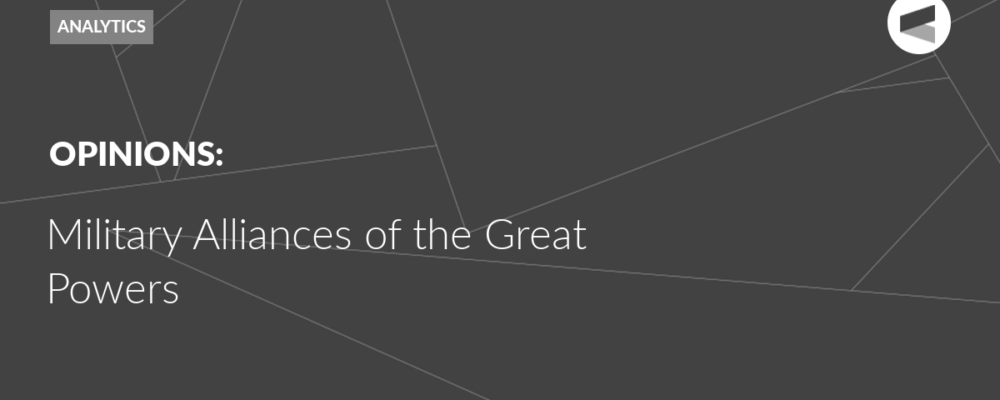COP29 did not bring the global community closer to a single economic and environmental strategy in the development of the resources of the World Ocean, although the “blue economy” has claimed this role. This is primarily due to the fact that divergent economic interests still prevail over the idea of unification in the name of combating global environmental threats, and this balance is unlikely to change over the short or medium term, Gleb Sugakov writes.
At the 29th
United Nations Climate Change Conference, also known as COP29, which took place on November 11-22, 2024, in Baku, discussions on matters pertaining to the World Ocean continued in a manner similar to previous conferences. These discussions encompassed both climate-related issues, considering the significant impact of oceans on global climate patterns, and economic considerations. In addition, as noted in the Letter with Declarations and Commitments of COP29, national governments have emphasised
the importance of cooperation at the local, regional and global levels to address waste management issues, including waste transportation and ocean pollution.
Climate-related and environmental concerns regarding the World Ocean are overshadowed by a more pressing factor, in practicality terms: economic justifications for the use of marine resources. The level of environmental pollution essentially depends on the extent to which these resources are involved in the global economy. At the same time, due to the gradual depletion of land resources since the second half of the 20th
century, humanity cannot do without increasing the intensity of resource extraction in the World Ocean (including the shelf zone). New spaces have been introduced into economic circulation, including the seabed. Thus, the most important long-term significance will be the start of the extraction of mineral resources in the International Seabed Area (beyond the jurisdiction of states), as defined by the UN Convention on the Law of the Sea of 1982. There is a conflict between environmental and economic interests, and the only way out is to promote the practical use of integrated economic and environmental strategies.
Precisely these issues dominated discussions at various events within the framework of COP29: both within the framework of the Ocean Pavilion and the Water Pavilion, as well as at various accompanying events and actions held by participating countries, non-governmental organisations, activists and other interested parties.
The panel discussion “Unlocking Sustainable Growth: Exploring the Blue Economy in Africa and Developing Nations” examined the best-known economic and environmental strategy applied to ocean resources, namely the “Blue Economy”. According to discussion participant Vladimir Ryabinin, an independent expert at the Scripps Institution of Oceanography and former executive secretary of the Intergovernmental Oceanographic Commission of UNESCO, the “blue economy” is the marine/ocean component of the “green economy” concept, and the term “blue economy” itself basically means “sustainable ocean economy”. This approach is one of the possible ones,
but it should be noted that there was a developed discipline in the Soviet Union called “World Ocean Economy” (the first monograph under this title was published back in 1964),
and this experience remains underestimated today at international platforms like COP29.
The modern international concept of the “green/blue economy” emphasises low carbon emissions, resource efficiency, and social inclusiveness. Obviously, the focus on resource efficiency is not something new, since economic science has traditionally sought to identify ways to obtain the greatest benefit while minimizing costs (resources). As for social inclusivity, it is certainly more prominent on the agenda than it has been before, but its implementation in practice remains a big question. First, as has already been said above, the scientific experience of Russia/USSR has essentially been left aside in the formation of the new economic and environmental concept of the “blue economy”. Second, this point (social inclusivity) largely contradicts the desire for a low-carbon economy, which, as has been repeatedly said, is more beneficial to developed countries than to developing ones. According to Nigerian experts, any successful African energy policy within the COP should be based on oil and gas.
Finally, the emphasis on the environmental friendliness (“sustainability”) of the “blue economy” isn’t new either: one of the first chapters of the aforementioned comprehensive monograph from 1964 (the first in history on this topic) was called “The Problem of Preserving the Animal and Plant Resources of the World Ocean”.
Thus, from a conceptual (strategic) point of view, COP29 does not provide new answers regarding the rational use of the vast resources of the World Ocean, the economic significance of which continues to grow alongside environmental risks. Nevertheless, based on its results, at least two areas can be identified that will have a serious impact on the use of these resources.
First, the financial (investment) aspect, which is of the greatest importance for developing countries. A special role in this issue is given to such projects as the World Bank’s Blue Economy Programme and the African Development Bank’s Blue Economy Initiative. However, international development programmes have not yet shown tangible results and are unlikely to demonstrate them if the current approach is maintained. As Kilaparthi Ramakrishna of the Woods Hole Oceanographic Institution noted, 50% of the funding of the UN Green Climate Fund is distributed to African countries, as well as to least developed countries and small island developing states in other regions of the world. In addition, each country receives US$1 million annually just to formulate and put forward ideas and proposals within the framework of the “green agenda”, including the “blue economy”. Despite the provided assistance, weak governance of the marine sector and a lack of investment remain a problem
for developing countries, and it is not possible to introduce the high relevance of the use of hydrocarbon resources into international concepts due to resistance from developed countries.
Second, the introduction of new technologies will be an important factor in development, since it is breakthrough and cheaper technologies that can allow developing countries to succeed in the extremely expensive business of developing the resources of the World Ocean. As an example, we can cite the technology mentioned at COP29 for determining the species composition of fish in a particular ocean area (for commercial purposes) using only a water sample – a seminar dedicated to this will soon be held under the auspices of FAO.
Nevertheless, this technology has yet to prove its effectiveness, and a huge contribution to the assessment of the bioresource base of the exclusive economic zones of African countries will be made by the Great African Expedition of the All-Russian Research Institute of Fisheries and Oceanography in 2024-2026.
Scientific and technological cooperation is closely linked with the training of personnel and the creation of large databases that local specialists from developing countries will be able to work with, including using artificial intelligence to process information.
Overall, COP29 did not bring the global community closer to a single economic and environmental strategy in the development of the resources of the World Ocean, although the “blue economy” has claimed this role. This is primarily due to the fact that divergent economic interests still prevail over the idea of unification in the name of combating global environmental threats, and this balance is unlikely to change over the short or medium term.
The Valdai Discussion Club was established in 2004. It is named after Lake Valdai, which is located close to Veliky Novgorod, where the Club’s first meeting took place.
Please visit the firm link to site






